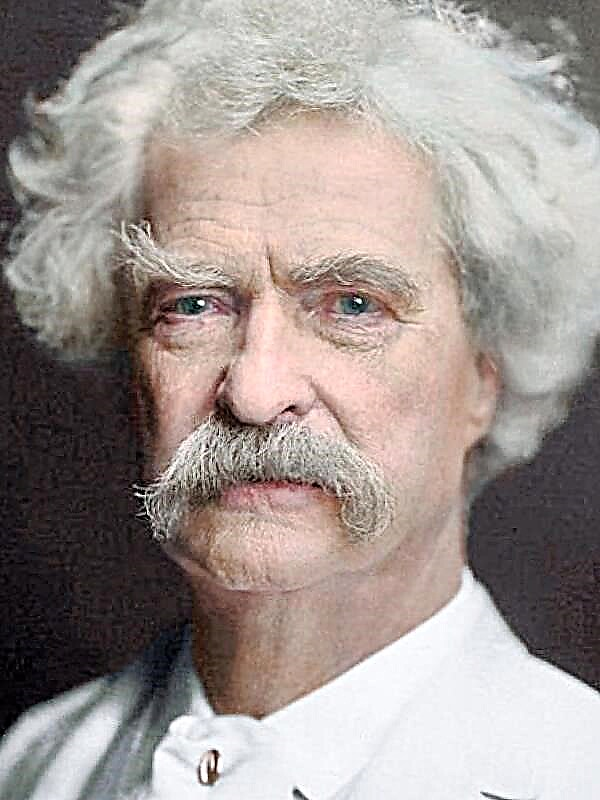F.I. His poems are very personal, emotional, intended more to express the emotional state of the author and to a narrow circle of listeners.
In Tyutchev’s lyrics, nature is one of the leading topics. In the poems of the poet, every object, phenomenon or event in nature is filled with vital energy, meaning, they are interconnected.
History of writing a work
The poem "Noon" was written by Tyutchev in the interval between 1827-1830, when he was in exile in Germany, lived in the magazine "Contemporary".
Genre, size, composition of a poem
The work "Noon" refers to landscape lyrics. Here prevails the "day" lyrics over the "night".
The verse is written in a four-foot iamba, has a cross rhyme, alternating rhymes: female and male. The character of the work is light and calm, the rhythm is measured and clear.
The composition of the poem “Noon” is quite simple: it is divided into two parts of four lines.
In the first part, Tyutchev paints a "lazy" sultry landscape.
In the second, he uses ancient Greek motifs, referring to the god of the forest Pan.
Symbols and Images
The author in the poem "Noon" observes a hot day in nature, he is struck by its slowness, laziness. We immediately feel the laziness of a hot day. Even in ancient Greece, it was believed that at noon time slows down, the life of all living things is suspended and is at rest.
But then the author shows that nature still lives its own life. He uses the personification technique in the lyric text. Nature comes to life, mythical creatures appear in it - the god of the forest Pan with his nymphs.
Tyutchev this technique shows the relationship, unity and constancy of the entire world. That everything in it happens according to its rules and laws continuously and constantly. The author characterizes the natural world from a higher, cosmic level.
Themes and ideas of the work
The central themes of the poem “Noon” are the following: the harmony of nature and pacification, the relationship of divine and earthly principles, the contemplation of objects, a vision of their essence, ancient references to nature and the beauty of the Russian landscape.
The poem is imbued with a calm mood, a sense of peaceful contemplation and perception of the beauty of summer nature, a sultry, hot day.
Expressive means of the poem
The poetic text consists of paths in which artistic features and expressive-visual means are used by the author in the work.
Tyutchev is a pantheist, this is expressed in the personifications encountered in the text. Noon that breathes is associated with a living being.
Also in the poem, the poet uses anaphora, lexical repetitions, comparisons, metaphors.
The author attaches particular importance to epithets; there are many of them in the poem.
With the help of precise artistic and expressive means, Tyutchev recreates a soft, spiritual landscape - nature, sleeping in a haze of heat.

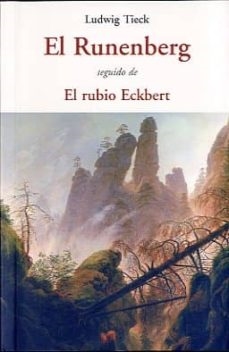
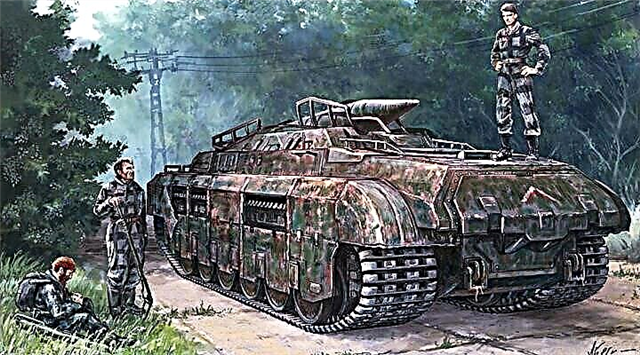
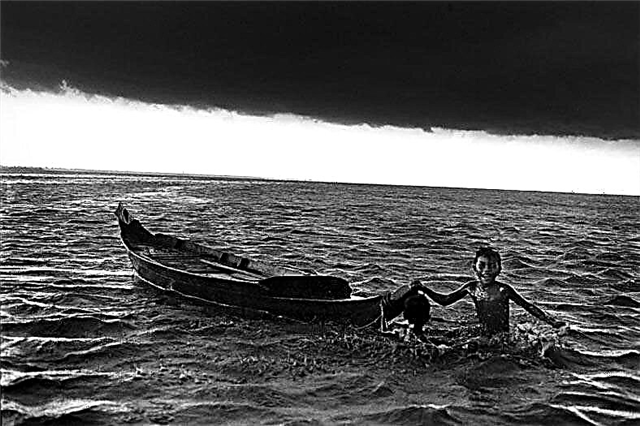
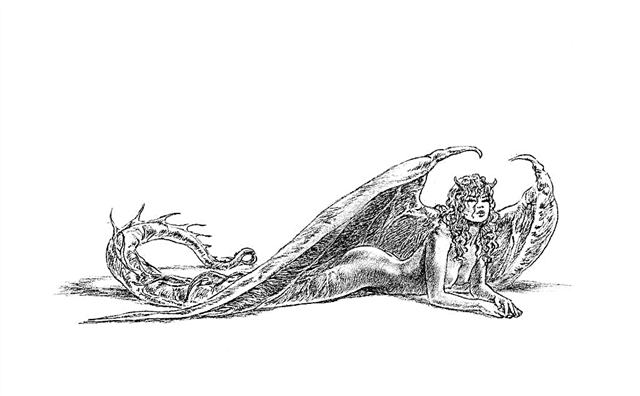

 McKinsey Tools
McKinsey Tools

